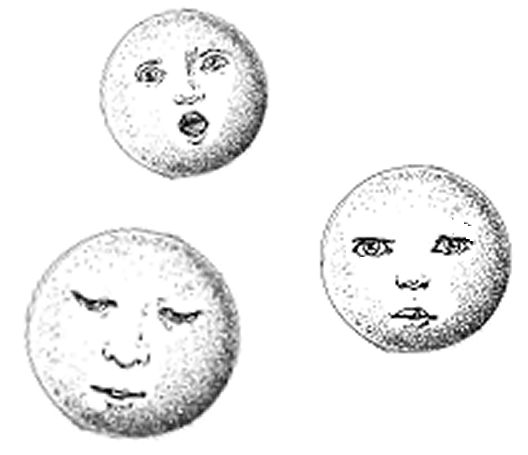
Eric Holloway gives a brisk and entertaining dismissal of all materialist theories of consciousness here, boldly claiming that no materialist theory of consciousness is plausible. I’m not sure his coverage is altogether comprehensive, but let’s have a look at his arguments. He starts out by attacking panpsychism…
One proposed solution is that all particles are conscious. But, in that case, why am I a human instead of a particle? The vast majority of conscious beings in the universe would be particles, and so it is most likely I’d be a particle and not any sort of organic life form.
It’s really a bit of a straw man he’s demolishing here. I’m not sure panpsychists are necessarily committed to the view that particles are conscious (I’m not sure panpsychists are necessarily materialists, either), but I’ve certainly never run across anyone who thinks that the consciousness of a particle and the consciousness of a human being would be the same. It would be more typical to say that particles, or whatever the substrate is, have only a faint glow of awareness, or only a very simple, perhaps binary kind of consciousness. Clearly there’s then a need to explain how the simple kind of consciousness relates or builds up into our kind; not an easy task, but that’s the business panpsychists are in, and they can’t be dismissed without at least looking at their proposals.
Another solution is that certain structures become conscious. But a structure is an abstract entity and there is an untold infinite number of abstract entities.
This is perhaps Holloway’s riposte; he considers this another variety of panpsychism, though as stated it seems to me to encompass a lot of non-panpsychist theories, too. I wholeheartedly agree that conscious beings are not abstract entities, an error which is easy to fall into if you are keen on information or computation as the basis of your theory. But it seems to me hard to fight the idea that certain structural (or perhaps I mean functional) properties instantiated in particular physical beings are what amounts to consciousness. On the one hand there’s a vast wealth of evidence that structures in our brains have a very detailed influence on the content of our experiences. On the other, if there are no structural features, broadly described, that all physical instances of conscious entities have in common, it seems to me hard to avoid radical mysterianism. Even dualists don’t usually believe that consciousness can simply be injected randomly into any physical structure whatever (do they?). Of course we can’t yet say authoritatively what those structural features are.
Another option, says Holloway, is illusionism.
But, if we are allowed to “solve” the problem that way, all problems can be solved by denying them. Again, that is an unsatisfying approach that ‘explains’ by explaining away.
Empty dismissal of consciousness would indeed not amount to much, but again that isn’t what illusionists actually say; typically they offer detailed ideas about why consciousness must be an illusion and varied proposals about how the illusion arises. I think many would agree with David Chalmers that explaining why people do believe in consciousness is currently where some of the most interesting action is to be found.
Some say consciousness is an emergent property of a complex structure of matter… …At what point is a structure complex enough to become conscious?
I agree that complexity alone is not enough, though some people have been attracted to the idea, suggesting that the Internet, for example, might achieve consciousness. A vastly more sophisticated form of the same kind of thinking perhaps underlies the Integrated Information theory. But emergence can mean more than that; in particular it might say that when systems have enough structural complexity of the right kind (frantic hand-waving), they acquire interesting properties (meaningful, experiential ones) that can only be addressed on a higher level of interpretation. That, I think, is true; it just doesn’t help all that much.
Holloway wraps up with another pop at those fully-conscious particles that surely no-one believes in anyway. I don’t think he has shown that no materialist theory can be plausible – the great mainstream ideas of functionalism/computationalism are largely untouched – but I salute the chutzpah of anyone who thinks such an issue can be wrapped up in one side of A4 – and is willing to take it on!
